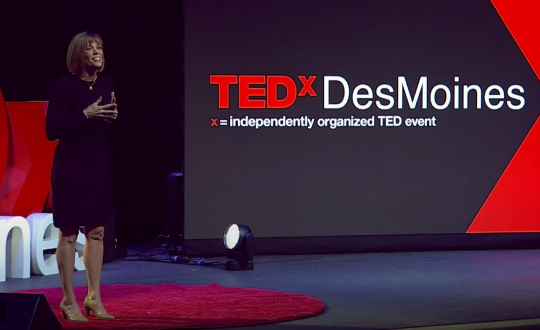Insights
The ROI of Accessibility – Why Inclusion is a Smart Investment
Accessibility as a Business Strategy What does it really mean to ensure…
Read More
Access Readiness: 6 Questions for Event Planners
Creating an inclusive event is no longer optional—it’s an essential part…
Read More
You Are More Than Just Your Hands
As Sign Language Interpreters, our hands and wrists are essential…
Read More
HIPAA Compliance in Access Services
According to the CDC, “the Health Insurance Portability and Accountability…
Read More
ADA: Top Questions Answered
The Americans with Disabilities Act (ADA) can feel overwhelming or…
Read More
Understanding Black American Sign Language (BASL)
Most people are unaware that American Sign Language has its…
Read More
Case Study: Nebraska State Fair
Ensuring accessibility at large events can feel overwhelming, but you don’t have…
Read More
In-Person ASL Interpreting: What to Expect
Whether it’s your first time scheduling an in-person ASL interpreter or you’ve done it…
Read More
Payments & Taxes: What Providers Need to Know
Understanding how payments and taxes work is an important part…
Read More
VRI Work with DSU: What Providers Need to Know
Video Remote Interpreting (VRI) is a critical part of how…
Read More
10 Situations Where a CDI Is Essential
CDI stands for Certified Deaf Interpreter. A commonly misunderstood but…
Read More

